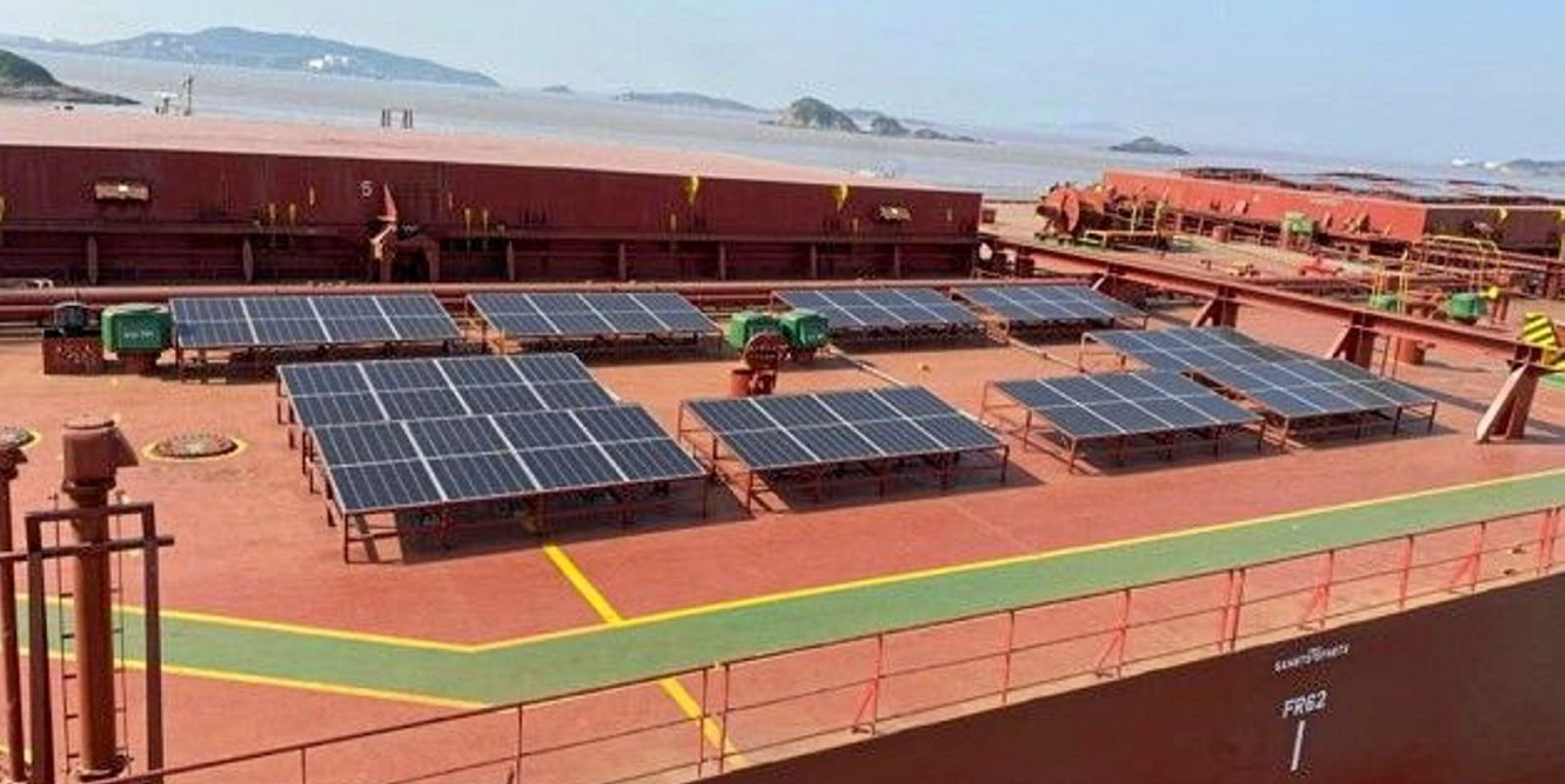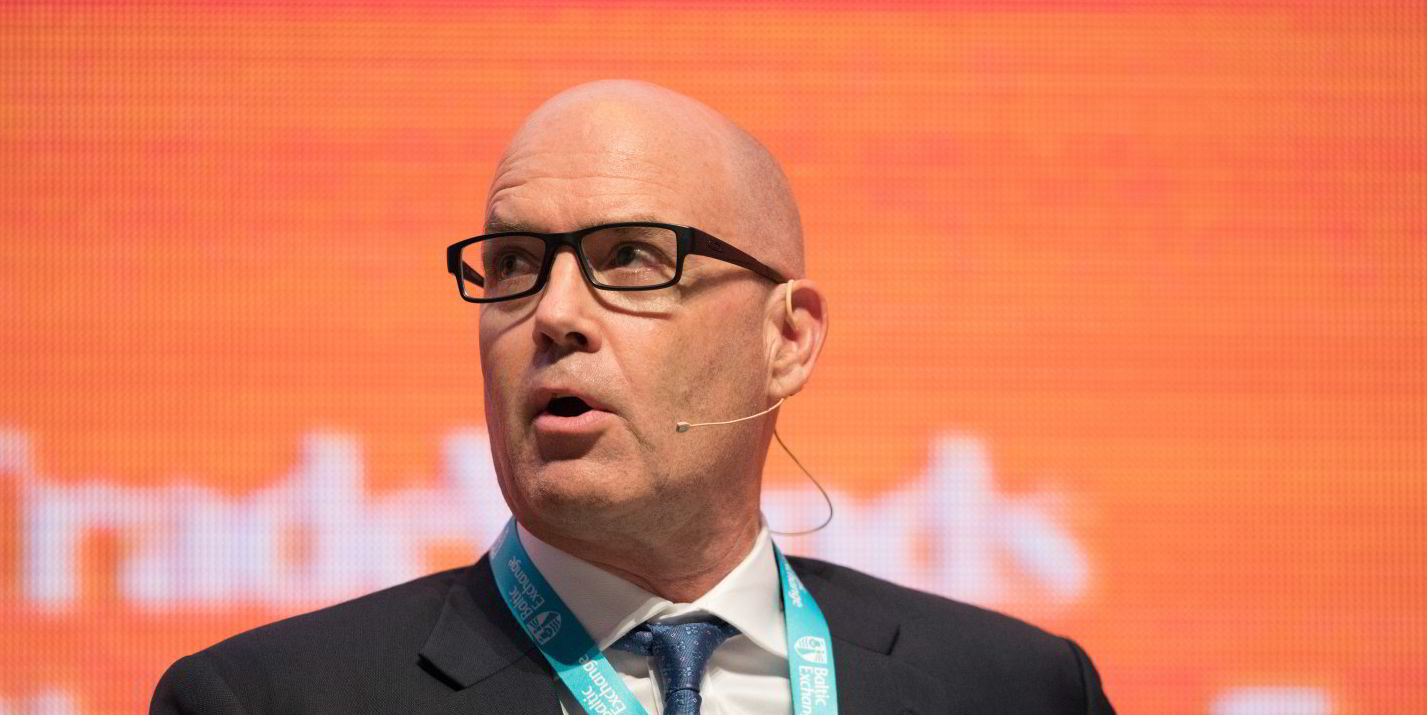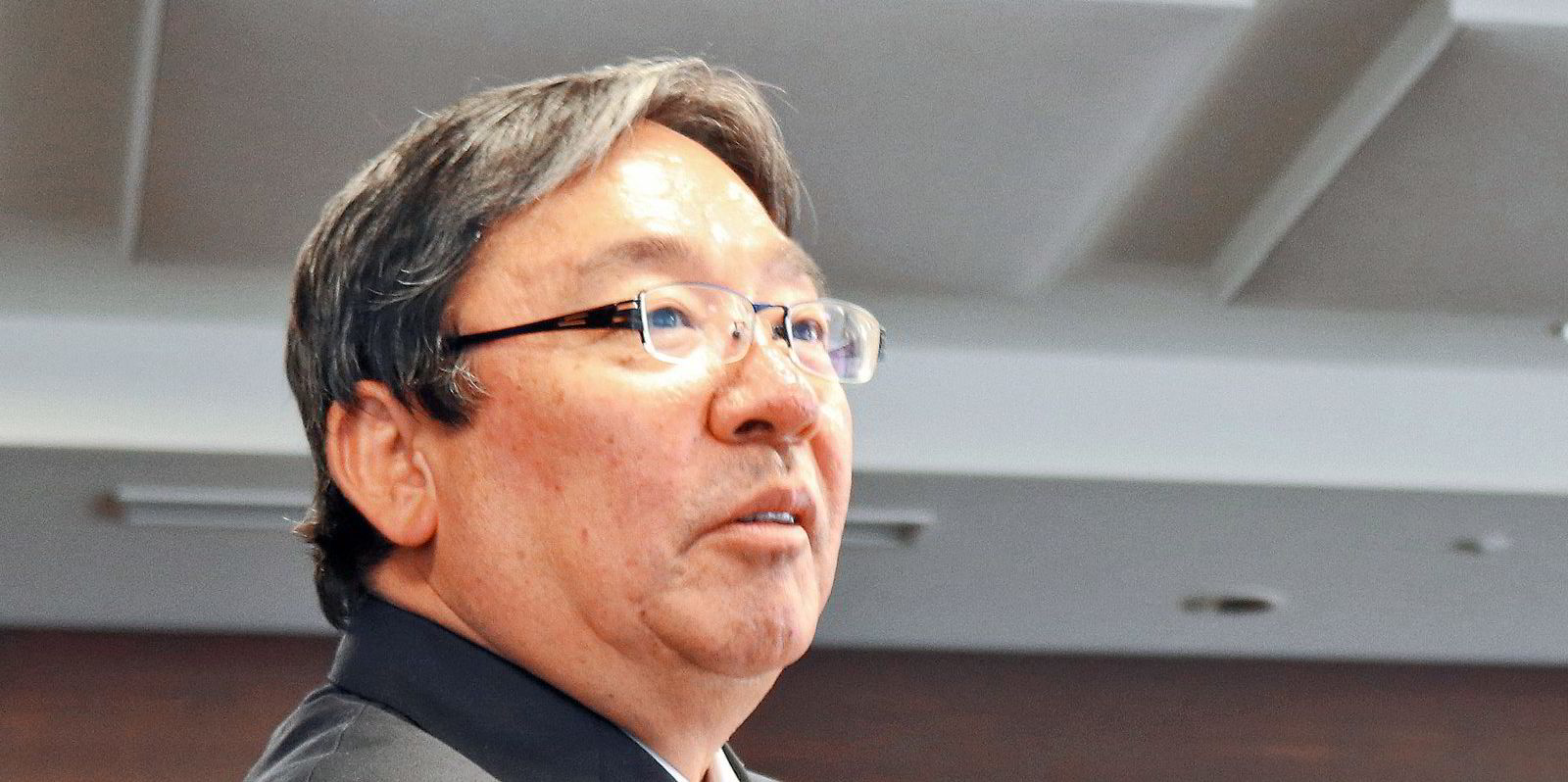Berge Bulk has set a target to have a zero-carbon vessel in service by 2030.
James Marshall, the company’s founder and chief executive, is confident this goal can be reached even earlier.
At the Marine Money Asia conference held in September, Marshall explained how this would be done.
Well-known for being a key voice in shipping decarbonisation, Berge Bulk was one of the founding members of the Getting To Zero Coalition when it launched in September 2019.
The industry group’s intention is to be part of the long-term, zero-carbon solution by seeking out the most feasible technologies that can work on a global scale.
Marshall said Berge Bulk has already been working for many years to reduce its footprint through innovative operations and technology.
He revealed that Berge Bulk has reduced its carbon intensity by 42% since 2008 by deploying a toolkit of existing technologies, such as improved paints, retrofitting and voyage optimisation technology.
The second part of Berge Bulk’s plan sees even further upgrades of older ships as paints, equipment and voyage optimisation technology continue to improve to make vessels even more energy efficient.

In addition, the company is testing new technologies such as kites, solar panels, sails and rotors — all of which Marshall said will make a difference.
Any shortfall will be made up through carbon offsets, which he described as an interim measure.
“We are passionate about carbon offsetting,” Marshall said.
Berge Bulk has built up a large portfolio of carbon-offset programmes for its customers.
Initiatives run the gamut from protecting forest habitats and endangered species in Tasmania, Indonesia and the Amazon basin to reducing household carbon emissions in Kenya.
Marshall said decarbonisation is a “joint journey” between shipowners and their clients “that can be done today”.
On the propulsion front, Berge Bulk looked "very hard" at LNG, but decided instead to focus on the final solution — zero carbon.
Ammonia was one alternative fuel that Marshall highlighted.
“I think we will be able to order ammonia-ready ships pretty soon, and then we will look at supply,” he said.
“If 30% of the world fleet switches to ammonia, we will have to double the world’s ammonia supply,” he said.
Marshall described the decarbonisation of shipping as an ambitious target.
“We need to step on the pedal today," he said. "The onus on the shipowner is to act now."






